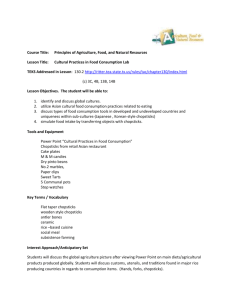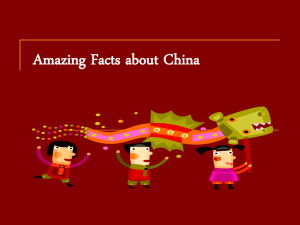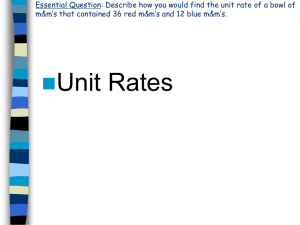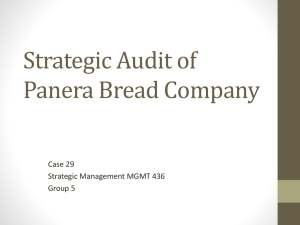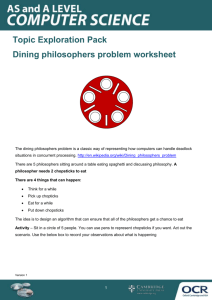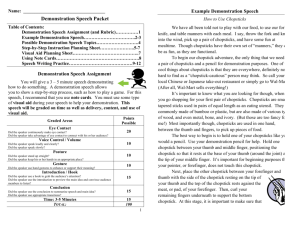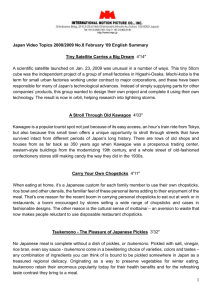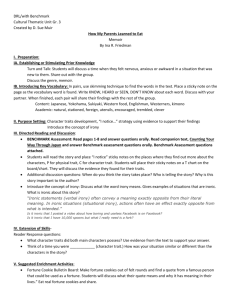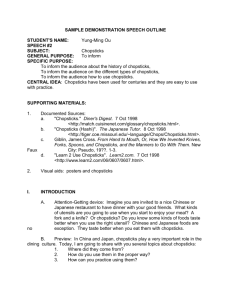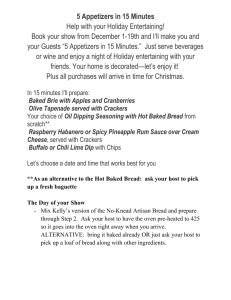Seven Food Etiquette Rules From Around The World In Chinese
advertisement
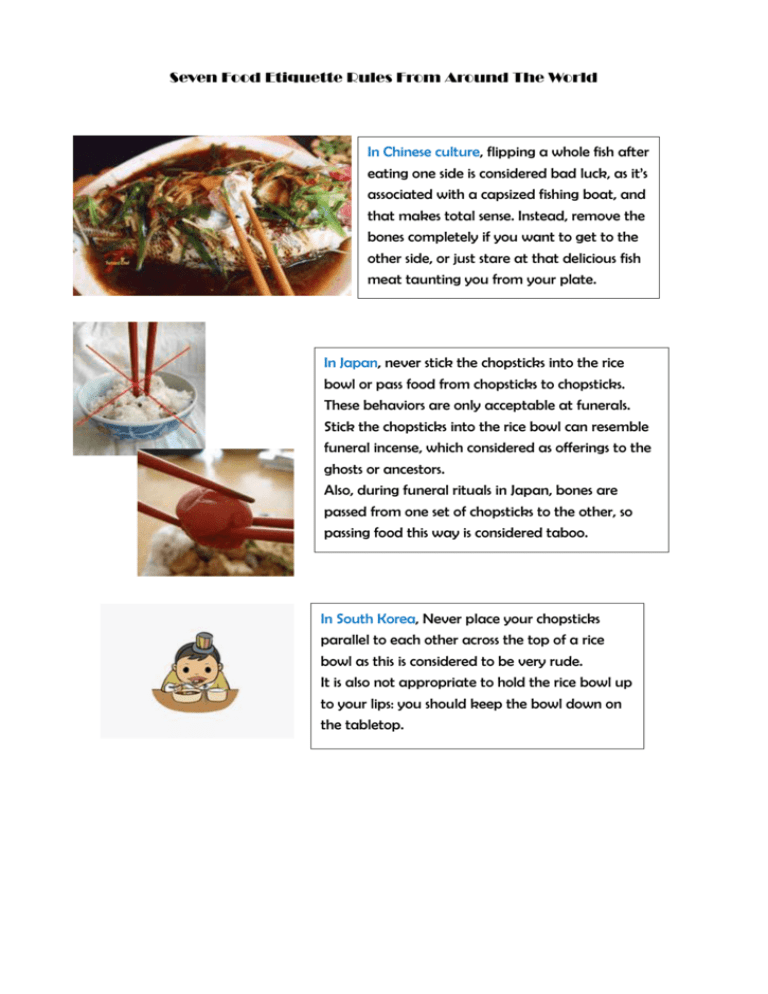
Seven Food Etiquette Rules From Around The World In Chinese culture, flipping a whole fish after eating one side is considered bad luck, as it’s associated with a capsized fishing boat, and that makes total sense. Instead, remove the bones completely if you want to get to the other side, or just stare at that delicious fish meat taunting you from your plate. In Japan, never stick the chopsticks into the rice bowl or pass food from chopsticks to chopsticks. These behaviors are only acceptable at funerals. Stick the chopsticks into the rice bowl can resemble funeral incense, which considered as offerings to the ghosts or ancestors. Also, during funeral rituals in Japan, bones are passed from one set of chopsticks to the other, so passing food this way is considered taboo. In South Korea, Never place your chopsticks parallel to each other across the top of a rice bowl as this is considered to be very rude. It is also not appropriate to hold the rice bowl up to your lips: you should keep the bowl down on the tabletop. In Italy, don't ask for parmesan cheese for your pizza. Putting parmesan cheese on pizza is seen as ignorant. And many pasta dishes in Italy aren't meant for parmesan . In Rome, for example, the traditional cheese is pecorino, and that's what goes on many classic pastas like bucatini all'amatriciana, not parmesan. In Italy, only drink a cappuccino before noon. Some Italians say that a late-day cappuccino upsets your stomach, others that it's a replacement for a meal (it's common to have just a cappuccino, or a cappuccino and a croissant, for breakfast). In Mexico you should never eat tacos with a fork and knife. It's kind of like eating a burger with silverware In France, you are supposed to use two hands to eat -- either fork and knife or fork and bread. Bread isn't meant to be an appetizer -- instead it serves to assist the food to the fork. When you eat the bread, tear off a piece of it to eat instead of biting directly into the bread. When not in use, the bread belongs on the table or tablecloth instead of the plate.
